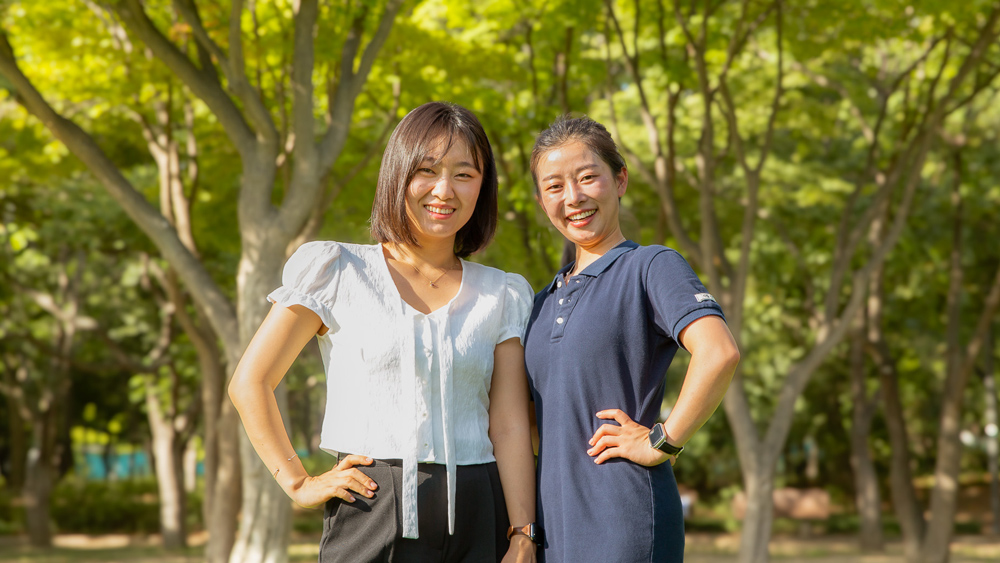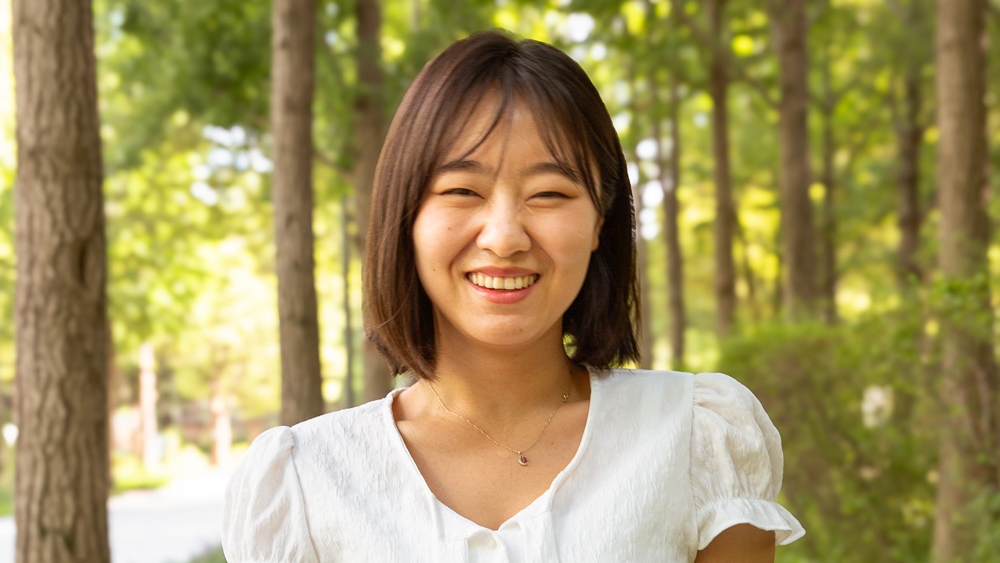Lunar New Year in North Korea | What is Seollal (설날)?
North Korea has several major holidays, the most prominent being centered around the birthdays of Kim Il-Sung and Kim Jong-il. But there are some holidays that predate the regime, and continue to be celebrated in both North Korea and South Korea.
Seollal (설날) is one of these traditionally significant days. Known more broadly as Lunar New Year, it marks the first day of the lunar calendar and is observed in many Asian cultures. While January 1st marks New Year’s Day on the Gregorian calendar used by many western countries, the exact date of Lunar New Year differs every year. It typically falls at the end of January or beginning of February, and is celebrated over a period of three days.

Seollal in South Korea
In South Korea, Seollal is a time for families to gather and honor their ancestors. With people across the nation traveling back home, roads are packed and train, bus, and plane tickets are all booked months in advance.
Long hours are spent preparing traditional foods like tteokguk (떡국), or rice cake soup, and jeon (전), a savory pancake-like dish usually made with green onions. The act of eating tteokguk symbolizes turning one year older in Korean, and is believed to bring good luck and health for the year ahead.
Food is also an important component of Charye (차례), a memorial service to honor one’s ancestors. Led by the family’s eldest son, an assortment of dishes are set out on a table as an expression of gratitude, and rites are performed for the last four generations of one’s ancestors.

Another well known Seollal tradition is Sebae (세배). Younger members of the family, often while wearing traditional hanboks (한복), do a deep bow to their elders with the greeting “새해 복 많이 받으세요,” which translates to “May you receive good fortune and blessings in the new year.” In return, elders share words of wisdom and sebaetdon (세뱃돈), new year’s money in a colorful envelope.
The rest of the holiday is usually spent exchanging stories, reflecting on the past year, and playing Korean traditional games like Yutnori (윷놀이), which involves four wooden sticks that are tossed like dice to move tokens around a board.

Seollal in North Korea
In North Korea, the celebration of Seollal is encouraged by the state to emphasize Korean folk traditions. Historical programs are broadcast on TV, and local authorities organize mandatory activities such as kite flying and spinning tops. North Koreans gather with loved ones over the highly anticipated three day rest from work.
But unlike in South Korea, January 1st is actually considered the more important holiday to celebrate the New Year. This is when North Koreans do Sebae. Instead of the South Korean greeting, it’s customary to say “새해를 축하합니다,” or “Congratulations on the new year.”
On New Year’s morning, it is compulsory for all North Koreans to visit statues or portraits of Kim Il-sung and Kim Jong-il. After that, respects must be paid to town leaders, particularly the person in charge of one’s unit, such as the company president or homeroom teacher. Finally, greetings are exchanged between in-laws and neighbors, and families gather for ancestral rites, sharing food, and other traditional festivities.
Another key difference between New Year’s celebrations in North and South Korea is that there is no widespread travel. The lack of freedom of movement inside the country means it is extremely difficult for North Koreans to go from one city to another for any reason. Any requested travel requires a specific stated purpose, proper identification, and documentation that must go through several levels of approval, including from the head of the neighborhood watch (inminban), local People’s Committee, local district office, and a relevant police officer. Permits for restricted areas, such as Pyongyang and the border regions, require more complex issuing processes.
Yet both New Year’s Day and Seollal in North Korea are still celebrations of life and community. Many North Korean refugees fondly remember the holiday, recalling not the state enforced displays of propaganda, but precious time spent with loved ones.
“I grew up with a lot of aunts and uncles and they all lived in the same area, so on Seollal…everyone would get together to make rice cakes, noodles, and dumplings. After making a lot of food, we’d play Yutnori and everyone would start squabbling. Then we’d find out everyone’s fortune. I miss it now.”
- Hannah, escaped from North Korea in 2015

On Seollal, North Koreans don’t do a separate bow because they have already greeted the New Year. Depending on the region, North Koreans enjoy a variety of dishes like tteokguk (떡국), manduguk (만두국), dwejigukbap (돼지국밥), songpyeon (송편), nokdujijim (녹두지짐), and noodles.
“North Korea is a very communal society, so everyone gets together on Lunar New Year. The adults would play card games and Yutnori, we’d eat delicious food, and spend time together until the sun went down. I would wake up especially early to visit the homes of the neighborhood elders and they’d share the food they made with me… Later in the afternoon, I’d go to my homeroom teacher’s house with all my friends, and we’d play there until late in the evening.”
- Yulseong, escaped from North Korea in 2017

All around the world, the New Year is a highly anticipated time of reflection, gratitude, and turning the page. It’s a universal experience, one that is shared with the North Korean people as well!
North Korean Fellows in the United States: Meet the Class of 2025

Please join us in welcoming Hannah and Rose, LiNK’s 2025 Advocacy Fellows!
The Advocacy Fellows program partners with young North Korean defectors to build their skills as effective leaders, storytellers, and agents of change for this issue. Hannah and Rose spent the last month training and preparing with our team in South Korea, and will now be traveling across the US to share their stories!
Join us at a Fellows speaking event near you!
Dallas, TX
September 9th, 6pm
Southern Methodist University | Dallas Hall Room 306 (McCord Auditorium)
3225 University Blvd, Dallas TX 75205
RSVP Here
Guest parking information here
Waco, TX
September 11th, 6pm
Baylor University, Foster Campus | Room 240
1621 S 3rd St, Waco, TX 76706
RSVP Here
Parking: 1521 S Fourth St. Waco,TX 76706 (Google maps or Apple Maps)
Madison, WI
September 16th, 12pm
UW-Madison | Lubar Commons (Room 7200)
975 Bascom Mall, Madison, WI 53706
RSVP here
Evanston, IL
September 20th, 5pm
Northwestern University | Harris Hall 107
1881 Sheridan Rd, Evanston, IL 60201
RSVP Here
Palo Alto, CA
September 28th, 1:20pm
True North Church
655 Arastradero Road, Palo Alto, CA 94306
RSVP Here
Berkeley, CA
September 29th, 6pm
UC Berkeley | Stephens Lounge at the MLK Student Union
2495 Bancroft Way, Berkeley, CA 94720
Parking: Lower Sproul Garage
RSVP Here
Washington, D.C.
October 8th, 1pm ET
The Stimson Center
1211 Connecticut Avenue Northwest Washington, DC 20036
RSVP Here
*Online livestream also available: RSVP Here
Washington, D.C
October 9th, 10:30am
ET Hudson Institute
1201 Pennsylvania Ave N.W. Suite 400 Washington, DC 20004
RSVP Here
Philadelphia, PA
October 13th, 5:30pm
University of Pennsylvania
3401 Walnut Street, Philadelphia, PA 19104
RSVP Here
New York, NY
October 16th, 2025, 12 PM
The Korea Society
350 Madison Avenue, 24th Floor
New York, NY 10017
RSVP here
Los Angeles, CA
October 21st, 7:30pm
UCLA
Haines Hall Room A2 Portola Plaza, Los Angeles, CA 90095
Parking available in UCLA Parking Structure 2
RSVP here
Additional details and timely updates will be sent to RSVP’ed guests via email.

Hannah is a 4th year student at Hongik University studying Electrical and Electronic Engineering. While participating in LiNK’s Changemaker Scholarship Program, she worked on developing devices and strategies that increase information access for people inside North Korea. Her goal as an Advocacy Fellow is to grow as a leader and communicator, and facilitate more collaborative work on this issue.

Rose graduated from Hongik University’s Department of Architecture. For her final project, she designed a memorial to honor North Korean human rights and provide comfort to defectors who had to leave their homeland. She drew inspiration from the Holocaust and 9/11 Memorials in the US, and was deeply moved by how such spaces contribute to healing and progress. As an Advocacy Fellow, Rose hopes to continue finding her identity and increase interest in this issue.




